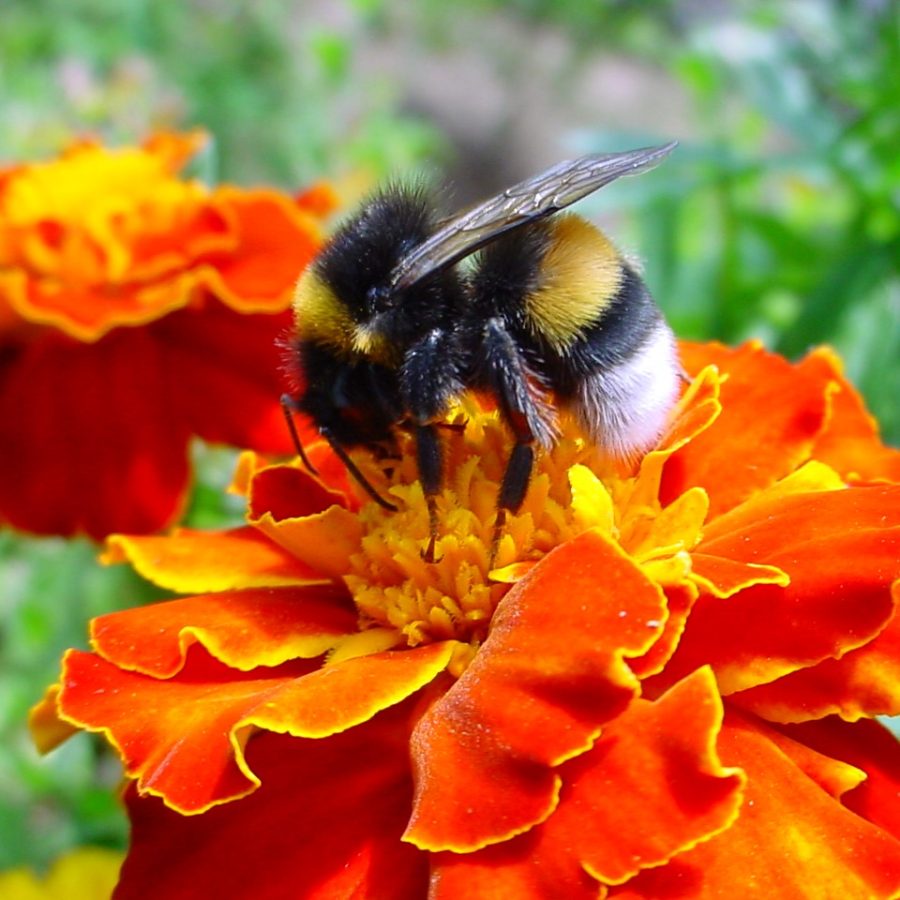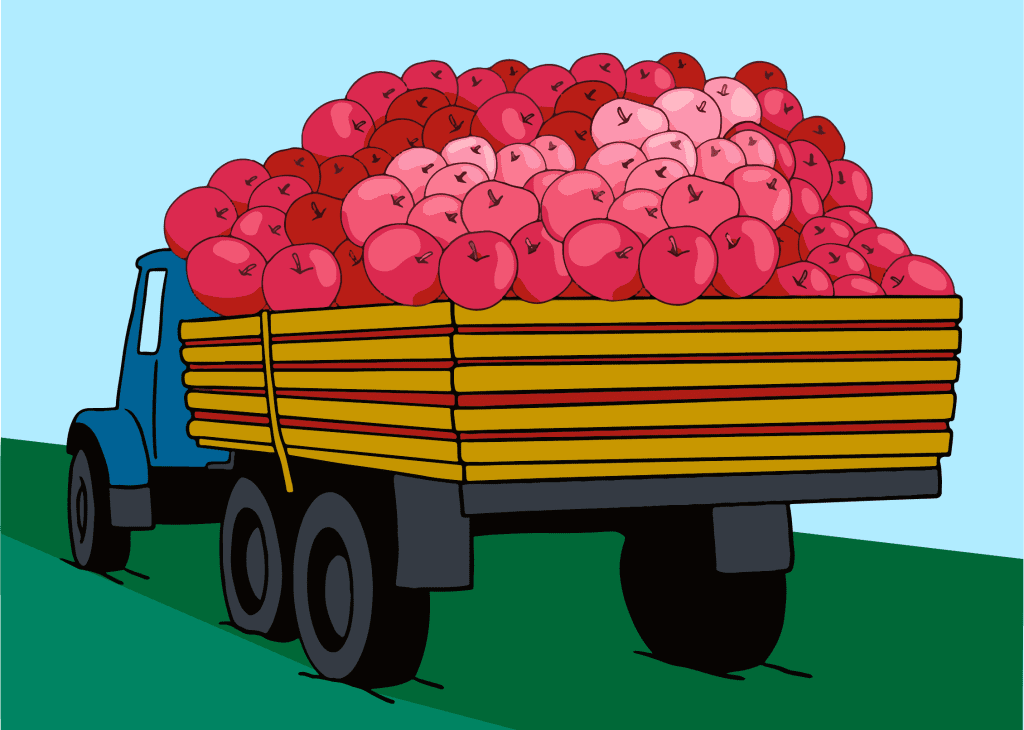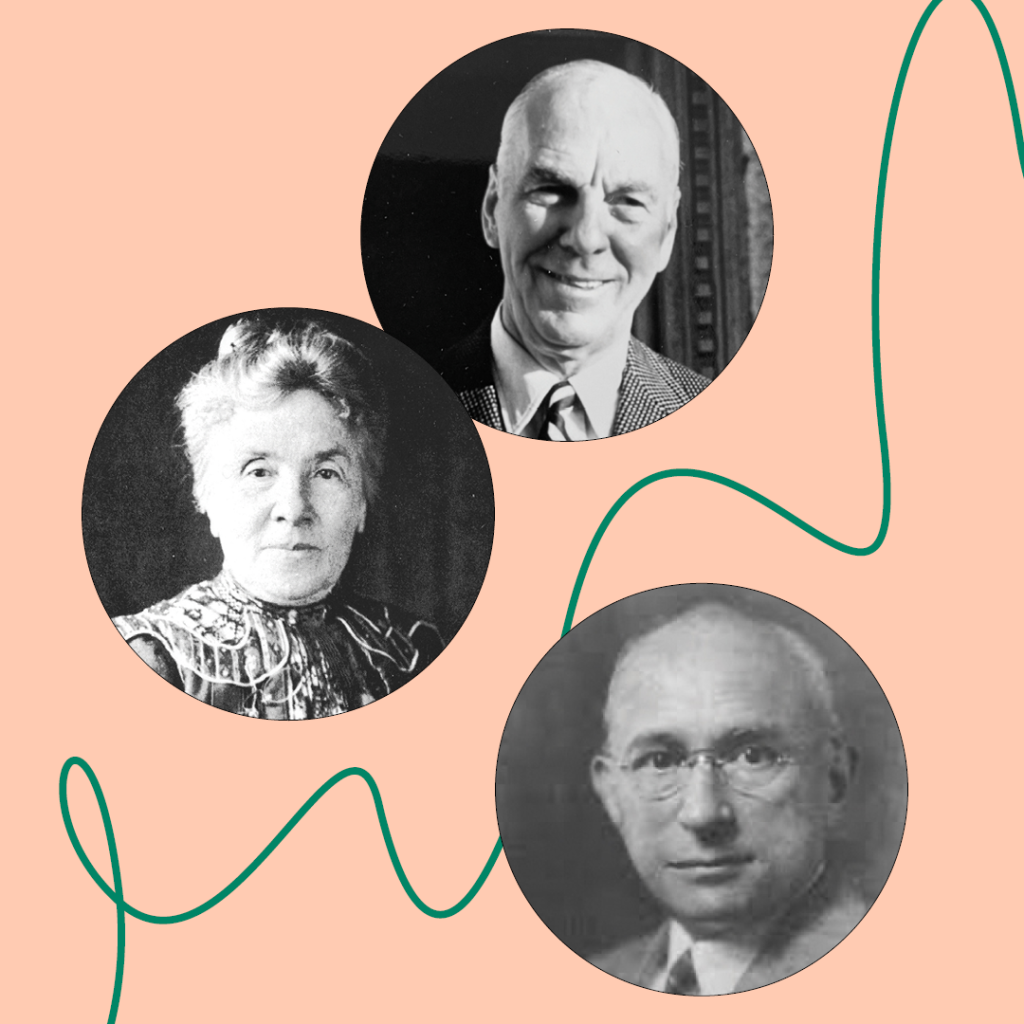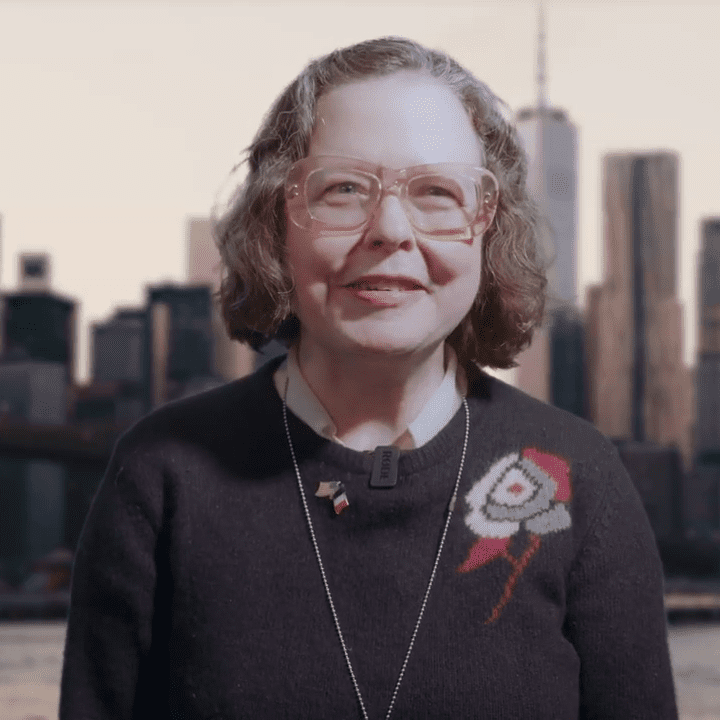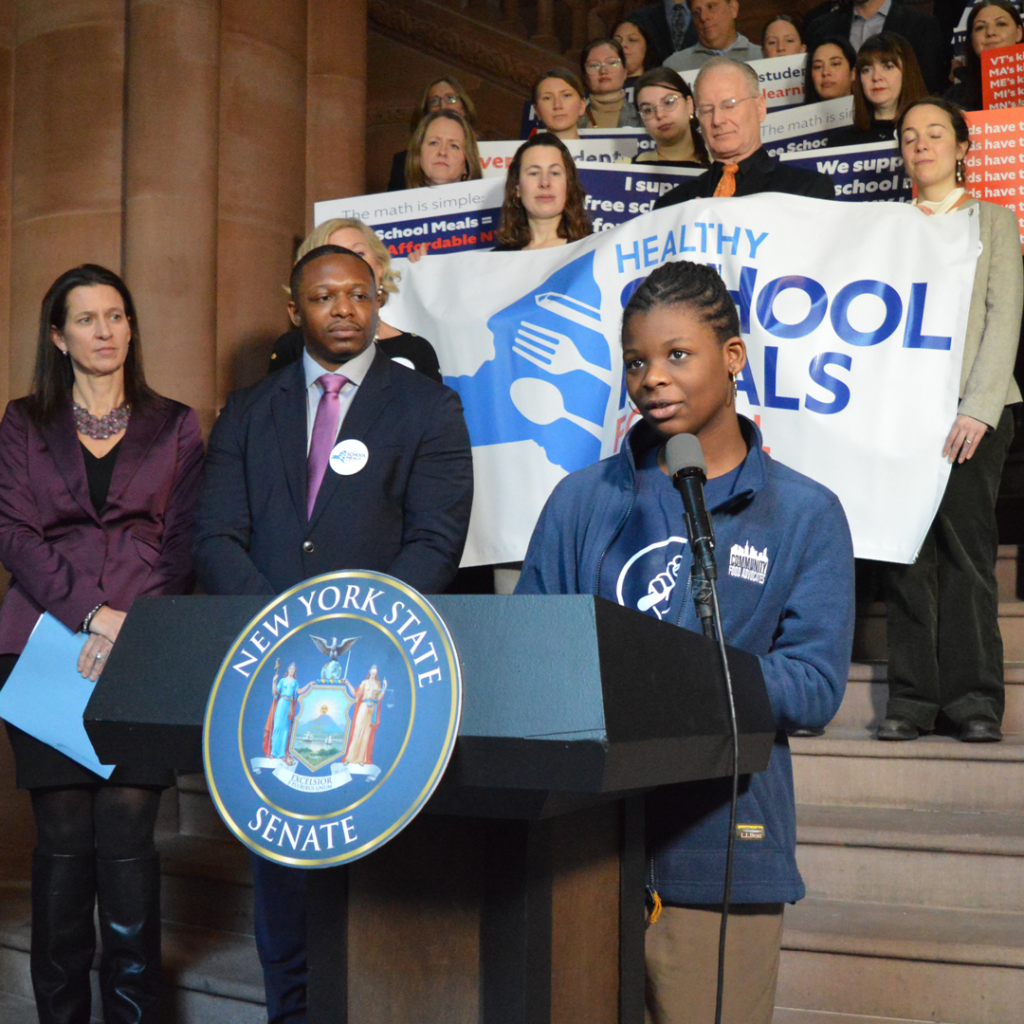Grantees include community land trusts, urban environmental coalitions, an indigenous community organization, and grassroots education groups.
Courtney Biggs
(212) 889-3963 | cbiggs@thenytrust.org
Lauren Stewart
(804) 690-9966 | lauren@turn-two.co
NEW YORK (June 16, 2025) – The New York Community Trust and New York State Attorney General Letitia James today announced more than $3.2 million in grants to 34 nonprofits supporting pollinator conservation efforts across New York State, from Buffalo to the eastern tip of Long Island.
A 2022 survey found that at least 40 percent and as many as 60 percent of pollinator species native to New York, including bees and butterflies, are at risk of disappearing from the state. These losses are largely driven by habitat destruction, overuse of pesticides, and climate change.
“One in every three bites of our food depends on wild and domesticated pollination. Pollinators play an important role in maintaining biodiversity and supporting food production systems,” said Arturo Garcia-Costas, The Trust’s program director for local, national & international environment. “The Trust is proud to make grants to help New Yorkers reverse pollinator population decline.”
“Pollinators are the unsung heroes of our environment, yet their very existence has been threatened by the harmful impacts of pesticides, habitat destruction, and climate change” said Attorney General James. “These grants are a down payment on a more sustainable future for New York. By investing in grassroots initiatives and community-led conservation, we are laying the groundwork for long-term environmental health so that future generations may live in a healthy, green, and vibrant New York.”
In 2023, Attorney General James obtained $6.9 million in a settlement with Bayer CropScience LP and Monsanto for allegedly misleading the public about the safety of certain Roundup® consumer weedkillers, which can be toxic to pollinator species like bees and butterflies.
Using monies from this settlement, the Attorney General created the New York Pollinator Conservation Fund to benefit pollinator species through habitat management, restoration, and enhancement, as well as pollinator research, monitoring, education, and outreach. The Trust was selected through a competitive process to administer the Fund and contributed $573,000 to the grants announced today.
As New York’s largest community foundation, The Trust brings together the contributions of donors past and present to champion local causes, address the region’s urgent challenges, and advance long-term systemic change. The grants announced today build on 10 years of grantmaking by the Trust to support pollinators, including the migration of the eastern monarch butterfly across the US.
The 34 nonprofits selected to receive grants are engaged in a range of activities, from creating pollinator pathways along the banks of the Niagara River to reintroducing the endangered regal fritillary butterfly (last seen in New York in the 1980s) to Fresh Kills Park on Staten Island and making it easier for Long Island households to buy pollinator-friendly plants for their gardens.
The following is a list of grants awarded today by The Trust. Longer descriptions of the programs supported are available upon request.
One-Year Grants to Small Nonprofits and Volunteer-Led Groups
Long Island
Padoquohan Medicine Lodge of the Shinnecock Indian Nation: $50,000 to build community pollinator gardens with educational signage, create site plans to remove invasive species and reintroduce indigenous plants, and foster youth career development in horticulture.
Long Island Native Plant Initiative: $39,000 to maintain and enhance an acre native plant garden by adding seasonal staff, improving irrigation systems, and helping board members obtain pollinator stewardship certifications.
Nassau Land Trust: $20,000 to convert parts of Crossroads Farm into diverse pollinator habitats with educational signage and implement a monitoring program to assess the effect of habitat enhancements on local pollinator populations.
New York City
City Island Oyster Reef: $45,000 to develop pollinator gardens on a 1.5-acre living shoreline and provide educational opportunities for the community, including students from P.S. 175 in the Bronx.
Brooklyn Alliance of Neighborhood Gardens Land Trust: $40,000 to plant pollinator gardens and create visual education about native plants and pollinators, host workshops and events about pollinator-friendly practices, and collaborate with local schools on pollinator education.
Friends of WNYC Transmitter Park: $18,000 to create and improve pollinator habitats within the 3-acre WNYC Transmitter Park and obtain an NYC Parks Pollinator Place designation.
New York City Pollinator Working Group: $13,000 to host four pollinator service days at the Maple Street Community Garden and the ENY Success Garden and upgrade the group’s website.
Jackson Heights Beautification Group: $10,000 to rebuild a 3,600 square feet community garden in Jackson Heights and dedicate 1,800 square feet of it to pollinator habitat.
Garden Club of City Island: $9,000 to study pesticide contamination in pollen, nectar, and honey in established apiaries on City Island and educate local community on pesticide contamination issues.
Hudson Valley
Friends of the Chemung River Watershed: $50,000 to plant at least two acres of pollinator gardens in three parks and host educational programs about bees, butterflies, and pollinator gardens.
Bedford Garden Club: $36,000 to create and improve pollinator habitats in a 2-acre native wildflower garden, conduct pollinator surveys and promote educational content, and help three individuals secure pollinator stewardship certification.
Wild Woods Restoration Project: $18,000 to collect and sow seeds to produce around 3,500 spring-blooming native plants, undertake public park forest understory plantings and educate the public about pollinators.
Orange Environment: $16,000 to convert a three-acre field at the entrance of Moonbeams Preserve to a native meadow and create educational signage.
Greater Irvington Land Conservancy Foundation: $16,000 to turn a 0.5-acre wet meadow into a monarch butterfly habitat and develop educational materials for the community.
Upstate and Statewide
Great Swamp Conservancy: $13,000 to host public events on pollinator conservation, organize a pollinator summer camp for young people, and install native bee houses and a bat house.
Friends of Riverside Salem: $50,000 to create three pollinator gardens, host educational events, and launch a new certification program.
Two-Year Grants for Nonprofits with Budgets Up to $4 Million
Long Island
Citizens Campaign for the Environment: $200,000 to create three acres of pollinator gardens, plant 70,000 native plants, and develop educational materials.
ReWild Long Island: $150,000 to create and maintain 60 community gardens (40 new and 20 existing gardens) collectively covering more than three acres.
New York City
Jamaica Bay-Rockaway Parks Conservancy: $200,000 to create pollinator habitats at locations across Queens and grow pollinator-friendly plants at Floyd Bennett Field to share with community.
Freshkills Park Alliance: $150,000 to conduct research and improve the Freshkills Park grasslands to reintroduce the endangered regal fritillaries butterfly and establish a pollinator research and conservation center at the Freshkills Biological Station.
Black Institute: $200,000 to create models for sustainable land use in public parks across the five boroughs and host educational events to engage community members in sustainability efforts.
Hudson Valley
Catskill Mountainkeeper: $300,000 to improve existing and support future pollinator pathways in the Catskills.
Partners for Climate Action: $247,000 to create five acres of pollinator habitat across 10 sites and produce replicable and customizable template garden designs that people can use to create their own pollinator gardens.
Westchester Land Trust: $200,000 to maintain and protect pollinator habitats on more than 15 acres of land and host educational events.
Upstate and Statewide
Friends of Rogers Environmental Education Center: $254,000 to support pollinator conservation. Establish 25 acres of pollinator habitats and work with community members to develop a dataset on native bee populations in Central New York.
Genesee Valley Conservancy: $105,000 to convert a 17.5-acre plot to a permanent pollinator habitat of native wildflowers and create demonstration pollinator gardens in community.
Bee Conservancy: $200,000 to collect data on pollinator populations in historically disadvantaged areas in New York City and the Hudson Valley.
Grants for Government and Large Nonprofits
Brooklyn Botanic Garden: $86,000 to restore and expand pollinator habitats on three acres in its Native Flora Garden.
Buffalo Niagara Waterkeeper: $100,000 to restore and expand pollinator habitats on three acres in its Native Flora Garden.
Dominican Sisters of Hope: $100,000 to protect and expand pollinator habitats within 61 acres of land and turn a 5.5-acre meadow into pollinator habitat.
National Audubon Society: $100,000 to offer workshops in English and Spanish to small-scale landscapers on native plants and develop 1.5 acres of demonstration gardens to serve as learning labs.
National Wildlife Federation: $76,000 to engage volunteers and experts to create or certify at least 50 pollinator habitats across the five boroughs, work with local groups to provide technical assistance and grants for pollinator habitats and organize community educational events.
Sisters of Saint Joseph: $100,000 to create and improve pollinator habitats on its 211-acre campus.
Xerces Society: $100,000 to support research, public education, and habitat improvement efforts to reduce the use of pesticides; develop and distribute pollinator habitat kits; and help farmers and gardeners create their own pollinator habitats.
